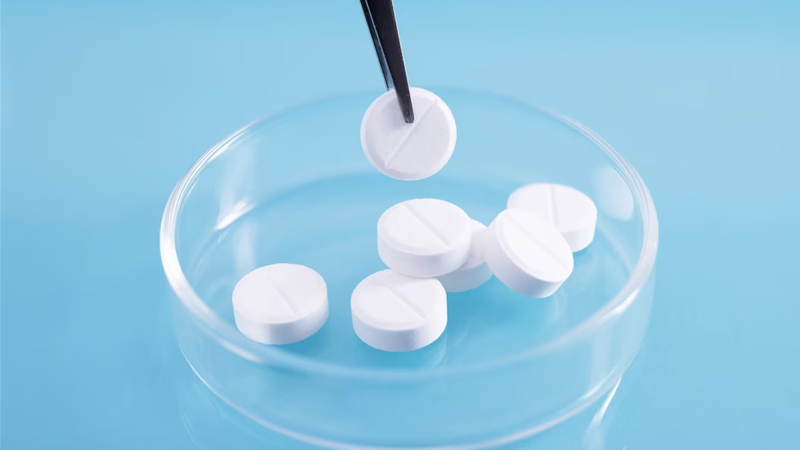
In this post, we talk about the use of finasteride and Propecia for hair loss. Finasteride is a medication primarily used to treat two conditions: benign prostatic hyperplasia (BPH) and male pattern baldness (androgenetic alopecia). It is available under various brand names, including Propecia and Proscar.
Finasteride belongs to a class of drugs known as 5-alpha-reductase inhibitors. It works by inhibiting the enzyme 5-alpha-reductase, which is responsible for converting testosterone to its active form, dihydrotestosterone (DHT). By reducing DHT levels, finasteride can help alleviate symptoms associated with prostate enlargement and male pattern baldness.
Key Uses of Finasteride
Here are some key uses of finasteride:
Benign Prostatic Hyperplasia (BPH): It is commonly prescribed to treat BPH, a condition characterized by an enlarged prostate gland. It helps to shrink the prostate, relieving urinary symptoms such as frequent urination, difficulty starting or stopping urination, weak urine flow, and the need to urinate during the night.
Male Pattern Baldness (Androgenetic Alopecia): Finasteride is also approved for the treatment of male pattern baldness. It can help slow down hair loss and promote hair regrowth in men experiencing gradual thinning of hair on the top of the scalp. It is not approved for use in women.
It’s important to note that finasteride is available in different strengths, and the dosing and duration of treatment may vary depending on the specific condition being treated. It is typically taken orally in the form of tablets.
Important points to consider:
- It is generally more effective for treating the crown area of the scalp than the frontal hairline.
- It is not approved for use in women, particularly those who are pregnant or planning to become pregnant, as it may cause harm to a developing fetus.
While finasteride is generally well-tolerated, it may cause some side effects in certain individuals. Common side effects may include decreased libido, erectile dysfunction, decreased ejaculate volume, breast enlargement or tenderness, and rash. These side effects are usually reversible upon discontinuation of the medication.
It is crucial to consult with a healthcare professional before starting finasteride to determine if it is the right treatment option for your specific condition. They will consider you